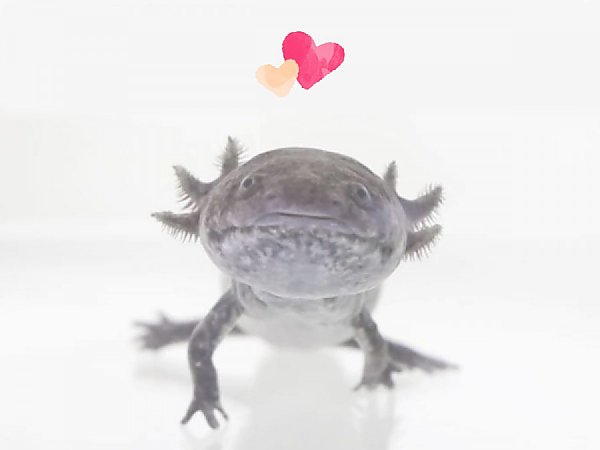Many sponges, corals, and other marine organisms produce chemical compounds or harbor colonies of microorganisms that contain biologically active compounds.
These compounds protect them from predators and overgrowth of their territories by invaders, and sometimes they attract prey. Scientists have shown that a number of these compounds are effective in treating human diseases such as cancer and AIDS. The Aquarium is partnering with City of Hope, a cancer research and treatment center located in Duarte, California, whereby the Aquarium will provide samples of a variety of sponges, corals, and other invertebrates. City of Hope researchers will then attempt to isolate specific compounds from those organisms, and evaluate them for their potential use in treating human diseases.

At the Aquarium
A dedicated exhibit located near the Molina Animal Care Center educates our visitors about this project. The exhibit features a variety of corals and sponges of the types that might yield such valuable compounds. As a related item, an adjacent exhibit featuring live horseshoe crabs that visitors can touch and examine closely explains the ways in which horseshoe crab blood has been used to test pharmaceuticals for the presence of bacterial contamination.




